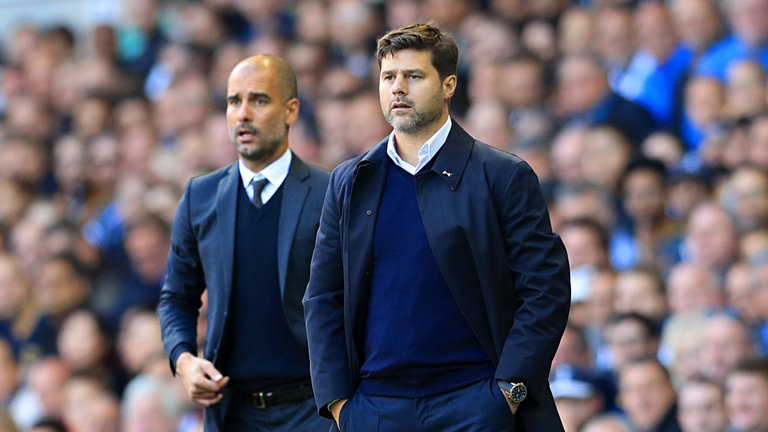
When Mauricio Pochettino was just 13, he was living in Murphy, a small farming village with a population of just 3000 people, around 70 miles north of Rosario, Argentina. He was in bed asleep after a long day of playing football in the fields with his friends when a car drove up the dirt track towards his house.
It was midnight and his family was not expecting visitors. But what transpired would change his life forever.
Mauricio always wanted to be a footballer, it is all he knew. He lived for playing football and would run home from school and play football until he was dragged in by his parents.
“My shoes had a big hole in the toes, and I always remember one picture that I love. I was two years old, with the ball in my arms, and I held it like it was my treasure. It’s an emotional photo for me because that is what represents my life. Everything that happened afterwards in my life is because of this ball.” he recently said.
When his parents opened the door on that fateful evening, a man stood in front of them and attempted to persuade Mauricio’s parents that their son should sign for Newells old boys. So whilst Pochettino was sleeping and blissfully unaware, his father crept into his room and lifted his covers so the man could check his physique. “What footballers legs he has!” the man said.
That man was none other than famous tactician Marcelo Bielsa and he had driven to sign Pochettino after hearing from a local scout that he was close to joining a rival team. Mauricio joined Newells the morning after.
“Sometimes you need to take risks,” Pochettino said of Bielsa. “In that moment, they trusted in a person who lived in the area. They believed, and they took a risk, and they traveled to my town. And they were very brave, because at 2 o’clock in the morning to knock on the door of a house in the middle of nowhere, you risk yourself – some dog could come and bite you – they were very brave and it’s a special story.”
Bielsa was at this time just a backroom coach with an intense passion to become a successful manager. He finally got his break in 1990 with a team full of young Argentinian players, a lot of whom he developed himself as a youth team coach. Mauricio Pochettino was his star pupil. With this young hungry group, Bielsa installed a high energy pressing game that took the Argentinian league by storm and they went on to win the Championship.

After a few years and some impressive performances, Pochettino earned himself a big move to Espanyol, the team he would have 3 spells at, with one as manager. He went on to become a firm fan’s favourite.
But his football career was solid, if uninspiring. He won 20 international caps (All won with Bielsa in charge of the team) and won a Copa Del Rey trophy with Espanyol. But it was clear early on for Mauricio that a playing career wasn’t the end of his involvement with the game he loved.
When he was around 27, something clicked and he realized he wanted to be a manager. So he studied, he listened and took everything in. He questioned why managers made certain decisions and began to formulate his managerial philosophy.
But it was Bielsa he studied the most. He was a footballing father figure to Pochettino. Gerardo Martino, Jorge Sampaoli, Eduardo Berizzo and Pep Guardiola are all said to be inspired by the methods of the man they call ‘El loco’.
And it’s funny how things work, because 20 years after Bielsa won the Argentinian Primera with Newells with a team of young, hungry players playing a high pressing game, Pochettino is attempting to do the same with a bigger prize – the Premier League.
Recently, Pochettino was asked why he put so much faith into young dedicated players.
He looked out onto the training pitch with a sentimental look in his eye and said: “They remind me of me when I was young.”


Comments are closed.